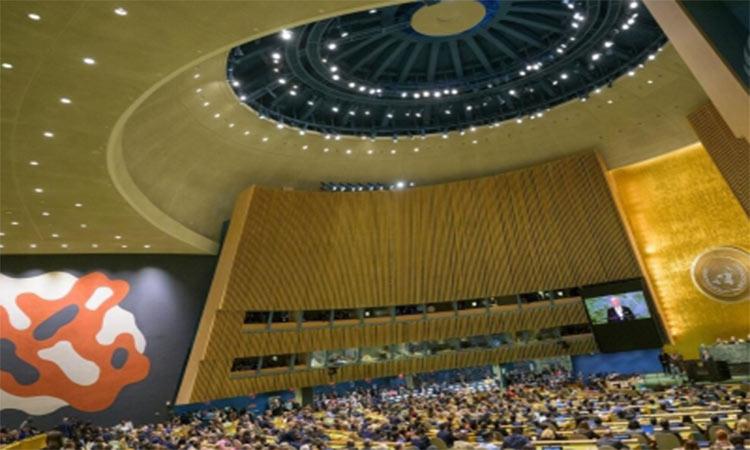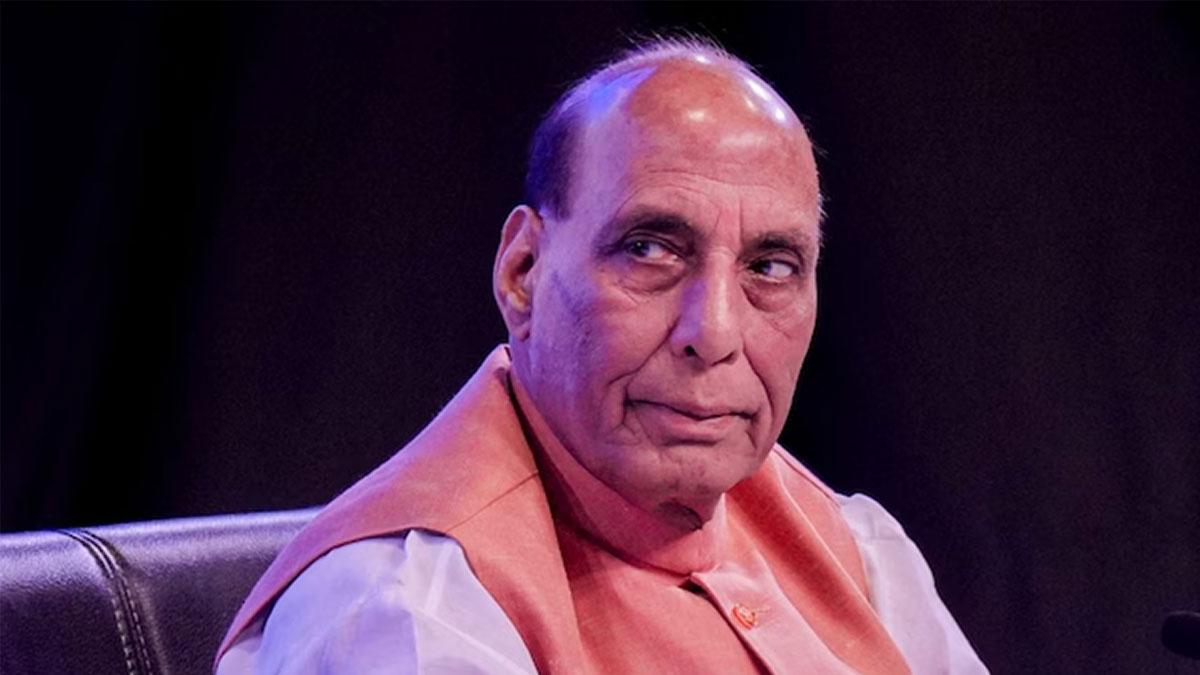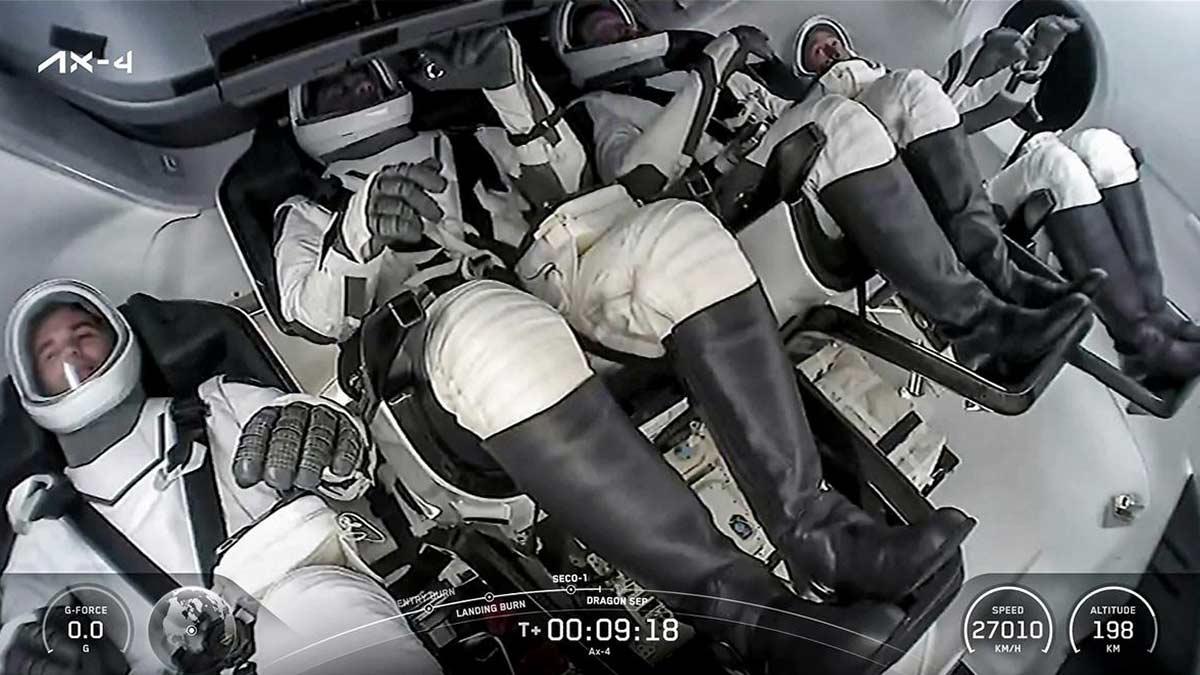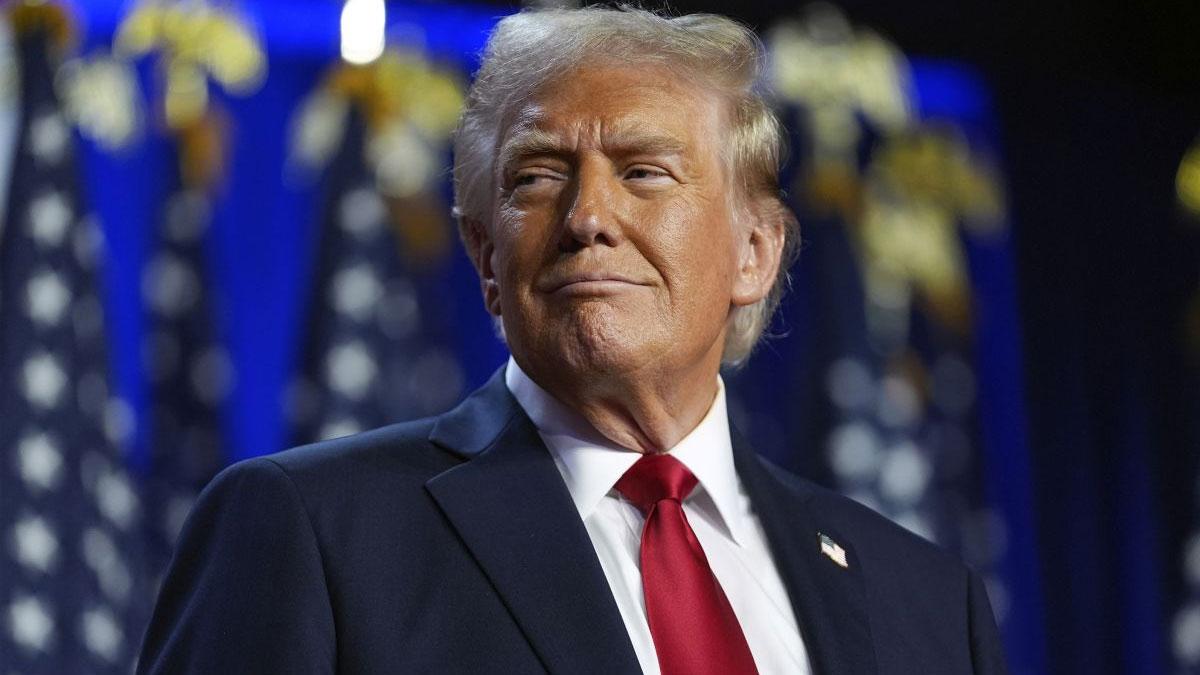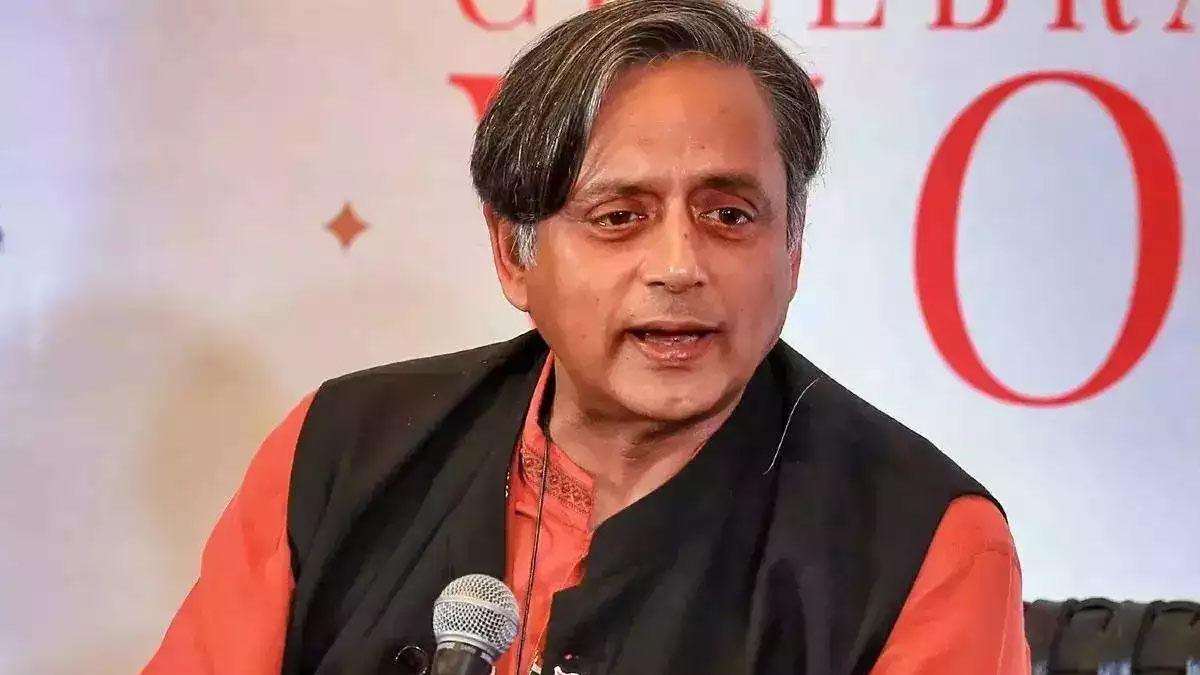US President Joe Biden took his attack on Russia to the UN General Assembly's high-level meeting accusing it of making nuclear threats while waging a "brutal war" against Ukraine.
Focusing on Russia's President Vladimir Putin, he said on Wednesday that it's "a brutal, needless war - a war chosen by one man, to be very blunt".
"A permanent member of the United Nations Security Council invaded its neighbour, attempted to erase a sovereign state from the map," he said.
"Just today, President Putin has made overt nuclear threats against Europe and a reckless disregard for the responsibilities of the non-proliferation regime," he said.
To ensure that no country can "seize a nation's territory by force", Biden said "each of us in this body who is determined to uphold the principles and beliefs we pledge to defend as members of the United Nations a" must be clear, firm, and unwavering in our resolve".
"We will stand in solidarity with Ukraine. We will stand in solidarity against Russia's aggression...," he added.
Biden also returned to this favourite theme of "democracy versus autocracy".
"The United States - and I, as President - champion a vision for our world that is grounded in the values of democracy," he said.
"The United States is determined to defend and strengthen democracy at home and around the world because I believe democracy remains humanity's greatest instrument to address the challenges of our time," he said.
Also Read | Zelensky calls for international tribunal to punish Russia's invasion
Linked to the fallout of the Ukraine war is the global shortage of foodgrains.
Biden said, "We're calling on all countries to refrain from banning food exports or hoarding grain while so many people are suffering. Because in every country in the world, no matter what else divides us, if parents cannot feed their children, nothing - nothing else matters."
Biden acknowledges geopolitical shifts, says will not seek new Cold War
US President Joe Biden has acknowledged that there are "shifting geopolitical trends" in relation to China, but said that the US does not seek conflict or want another cold war.
Speaking at the UN General Assembly's high-level meeting on Wednesday, he said, "Let me be direct about the competition between the United States and China. As we manage shifting geopolitical trends, the United States will conduct itself as a reasonable leader."
"We do not seek conflict. We do not seek a Cold War. We do not ask any nation to choose between the United States or any other partner", he said.
But the US will "be unabashed in promoting our vision of a free, open, secure, and prosperous world," he added.
With tensions rising between Beijing and Taipei, especially after US Speaker Nancy Pelosi's visit to the island in August, Biden said, "We seek to uphold peace and stability across the Taiwan Straits."
He reiterated Washington's commitment to "'One China' policy, which has helped prevent conflict for four decades. And we continue to oppose unilateral changes in the status quo by either side".
He also criticised Beijing's nuke programme, saying "China is conducting an unprecedented, concerning nuclear buildup without any transparency".
Also Read | US reiterates support for India getting UNSC permanent seat
He said that Washington was engaged in "new, constructive ways to work with partners to advance shared interests" and was "elevating" the Quad - a group of India, the US, Australia and Japan in the Indo-Pacific".
In a dig at Beijing's programmes such as the "One Belt, One Road" initiative and others for infrastructure programmes that have led to serious economic problems for countries like Sri Lanka, Biden tried to contrast them with Washington's.
He said that the US offers countries "investments that are designed not to foster dependency, but to alleviate burdens and help nations become self-sufficient; partnerships not to create political obligation, but because we know our own success - each of our success is increased when other nations succeed as well".
"With partners in the Americas, Africa, Europe, and the Middle East, and the Indo-Pacific, we're working to build a new economic ecosystem while - where every nation - every nation gets a fair shot and economic growth is resilient, sustainable, and shared.
Iran President Seyyed Ebrahim Raisi, who spoke before Biden, said Teheran was ready to return to the nuclear deal it had entered into with the five permanent members of the Security Council, Germany and the European Union aimed at preventing it from developing nuclear weapons.
The US had unilaterally repudiated it during Donald Trump's presidency freeing Iran from its obligations under the agreement known as the Joint Comprehensive Plan of Action (JCPOA).
But Iran continues to face crippling sanctions from the US and the West.
Raisi said that there is a "serious will" to accept a new nuclear deal but said that there should be a commitment that it will not be repudiated again.
Biden said that the US was "prepared for a mutual return to the Joint Comprehensive Plan of Action if Iran steps up to its obligations".
But, he declared, "the United States is clear: We will not allow Iran to acquire a nuclear weapon".

